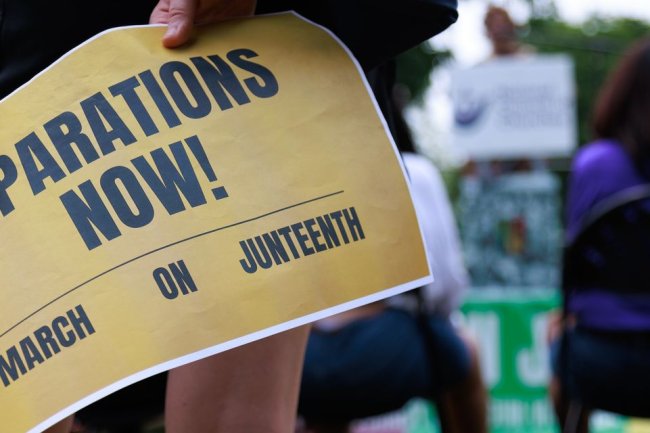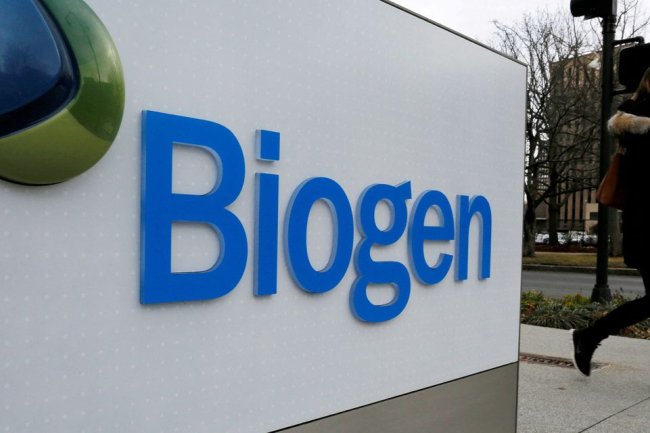A Rare Justice Department Mea Culpa
Prosecutors admit they were wrong to prosecute a KPMG fraud case. Apparently miracles happen. By The Editorial Board Aug. 4, 2023 6:27 pm ET The KPMG buliding in downtown Los Angeles. Photo: Sam Mircovich/REUTERS Prosecutors rarely admit mistakes. So it was near miraculous this week when the U.S. Attorney’s office for the Southern District of New York conceded it had wrongly prosecuted a former KPMG auditor and accounting regulator. The prosecutions were part of a high-profile “steal the exam” scandal last decade involving KPMG auditors and their overseers at the Public Company Accounting Oversight Board (PCAOB). After receiving l


The KPMG buliding in downtown Los Angeles.
Photo: Sam Mircovich/REUTERS
Prosecutors rarely admit mistakes. So it was near miraculous this week when the U.S. Attorney’s office for the Southern District of New York conceded it had wrongly prosecuted a former KPMG auditor and accounting regulator.
The prosecutions were part of a high-profile “steal the exam” scandal last decade involving KPMG auditors and their overseers at the Public Company Accounting Oversight Board (PCAOB). After receiving low scores on inspections, KPMG auditors sought to obtain advance information from PCAOB employees on which audits would be inspected.
A PCAOB inspection leader and former agency employee who later left to work for KPMG slipped auditors information on inspection selections. KPMG auditors used these tips to improve their audits. In short, auditors abetted by regulators cheated on inspection exams. This is dishonest, but is it a crime?
The Justice Department said it was, and in 2018 charged former KPMG partner David Middendorf and former PCAOB employee Jeffrey Wada with conspiracy to commit wire fraud and defraud the U.S. Four others pleaded guilty. In 2019 Messrs. Middendorf and Wada were convicted on the wire fraud charges.
The federal courts have since rejected the broad fraud theories the government used to prosecute the two men. In 2020 the Supreme Court unanimously overturned the fraud convictions of former New Jersey Gov. Chris Christie’s aides (Kelly v. U.S.) who allegedly conspired to cause a traffic jam on the George Washington Bridge as political retribution.
The Justices held that a conspiracy to commit wire fraud had to involve a scheme to deprive someone of money or actual property. “The evidence the jury heard no doubt shows wrongdoing—deception, corruption, abuse of power,” Justice Elena Kagan wrote for the Court. “But the federal fraud statutes at issue do not criminalize all such conduct.”
The Second Circuit Court of Appeals in December dismissed the fraud convictions of traders and a consultant who obtained confidential Medicare reimbursement information. In May the First Circuit tossed fraud convictions of wealthy parents charged in the Varsity Blues college admissions scandal because admissions slots aren’t “property.”
Neither are PCAOB inspection lists, as the Manhattan U.S. Attorney’s Office acknowledged this week in asking the Second Circuit to erase the convictions of Messrs. Middendorf and Wada. The charges should never have been brought, but prosecutors often can’t resist the temptation to stretch criminal laws to jail people they find objectionable.
Not every dishonest act is a federal crime, as the High Court keeps stressing. In May the Justices unanimously rejected two overly broad theories of fraud in overturning the convictions of former Gov. Andrew Cuomo’s cronies. Justice Clarence Thomas
noted in one opinion that the government’s theory “vastly expands federal jurisdiction to an almost limitless variety of deceptive actions.”This is one problem with Jack Smith’s latest charge against Donald Trump for conspiracy to defraud the U.S. The Court’s landmark Skilling (2010) decision significantly limited prosecutions under the vague honest-services fraud statute. But prosecutors keep inventing new theories to criminalize dishonest acts and keep losing cases on appeal.
The U.S. Attorney’s mea culpa in the KPMG case is welcome, but it would be better if prosecutors had not waited years to fess up.
Wonder Land: At the center of the legal problems now engulfing Donald Trump and Hunter Biden is the refrain that no one is above the law. Wagner Group's Yevgeny Prigozhin offers the alternative: No rules. Images: AP/AFP/Getty Images Composite: Mark Kelly The Wall Street Journal Interactive Edition
What's Your Reaction?

















